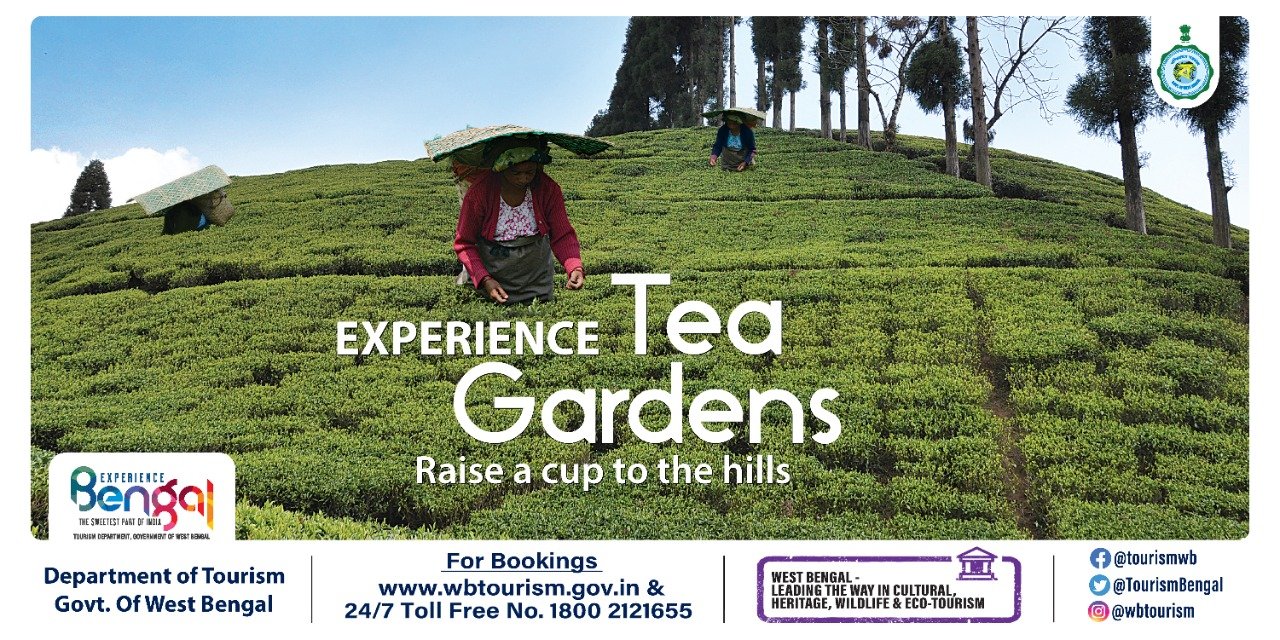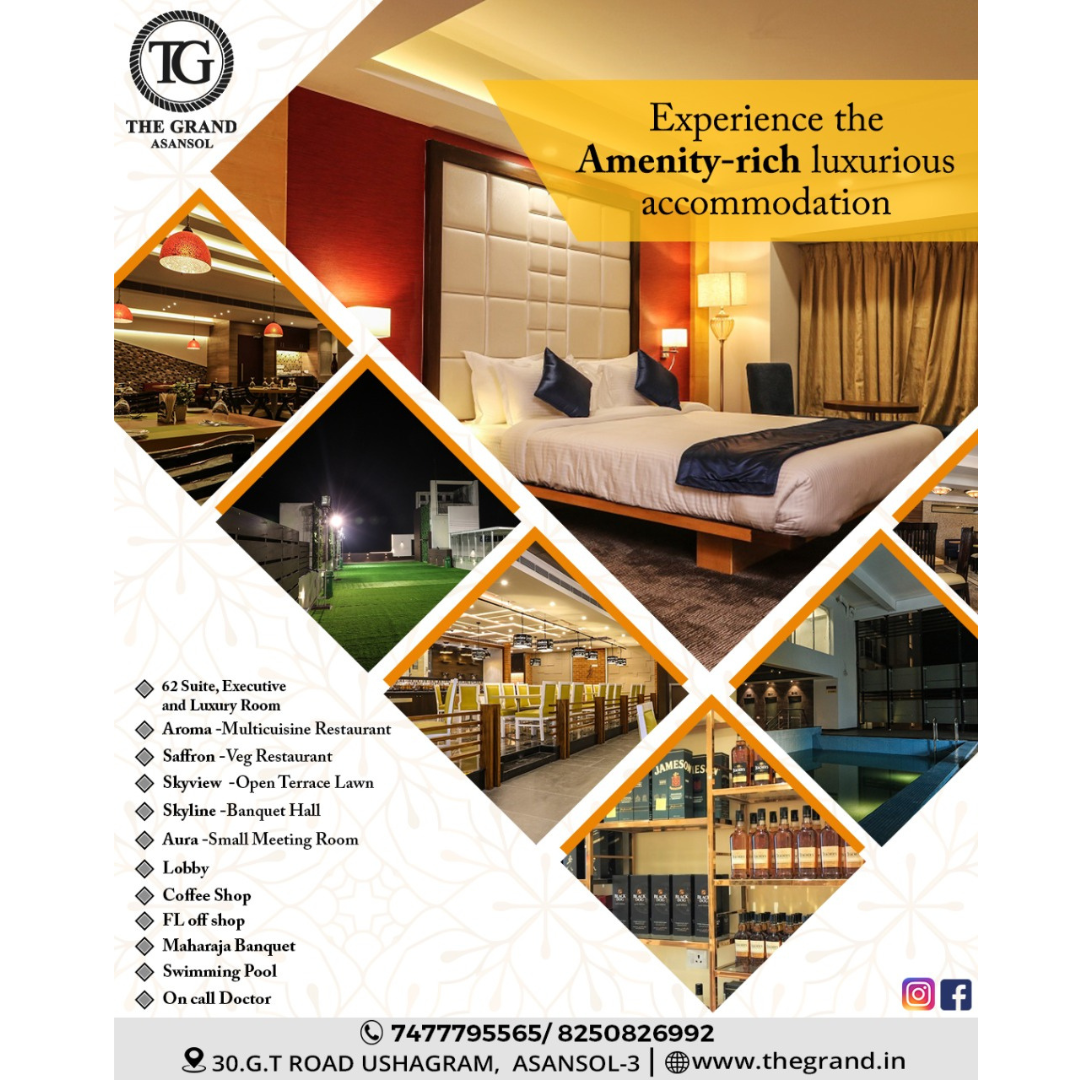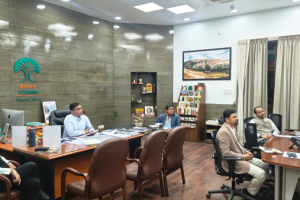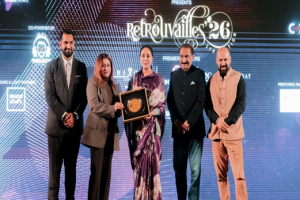
BY DEBAJYOTI CHAKRABORTY
NEW DELHI | 4 SEPTEMBER
The lower GST slab on budget-friendly hotel rooms makes domestic travel more accessible and affordable. The reforms are expected to stimulate domestic travel, particularly for weekend trips and during festive seasons.
The reform contributes to India’s goal of becoming a top global tourism destination and improves competitiveness.
Standardized tax rates and simplified compliance contribute to a more favourable business environment.
The hospitality sector’s growth, supported by these reforms, is crucial for generating jobs and boosting the economy.
While making travel accessible, the overall framework also balances revenue from high-end services.
However, while the GST rate is reduced, the removal of Input Tax Credit ( ITC) on certain hotel services has raised concerns among some stakeholders.
Here are some comments of the travel, tourism and hospitality industry industryleaders :

Jyoti Mayal, Chairperson, Tourism and Hospitality Skill Council (THSC):
The reduction in GST rates will make India an even more attractive destination for domestic travellers and inbound leisure tourists, boosting demand and driving growth in the tourism sector. With simplified tax structures and reduced compliance burdens, travel agents will benefit from increased ease of doing business, improved cash flow, and enhanced competitiveness. This, in turn, will enable them to offer more competitive pricing, better services, and a wider range of travel options to their customers. Ultimately, the tourism industry will experience a significant boost, contributing to the country’s economic development, job creation, and cultural exchange.
We still need lower GST for luxury holidays/rooms/air tickets to increase footfalls of inbound and be more competitive with neighbouring countries.

Vibhas Prasad, Director, Leisure Hotels Group:
The revision of GST to 5% could not have come at a better time for the travel and hospitality industry. As we move into the festive period, this change is likely to stimulate demand by making holidays more attainable for Indian travellers. Reduced taxation often translates into higher confidence to book longer stays and explore premium categories, which in turn boosts occupancies across both established destinations and newer, lesser-explored regions.
For the industry, the implications are equally significant. A friendlier tax regime energises the entire tourism ecosystem — from hotels and operators to transport, guides, and artisans. It creates a virtuous cycle of higher footfalls, stronger local engagement, and greater investment in guest experiences. At Leisure Hotels Group, we see this as a progressive step that will not only sustain the recovery momentum but also open fresh opportunities to innovate and expand India’s hospitality landscape.

Rajesh Magow, Co Founder& Group CEO, MakeMyTrip:
“The cut in GST on hotel rooms priced below Rs 7,500 will make stays more affordable for a large share of Indian travellers, reinforcing demand in the domestic market”

Vardaan Marwah, Chef Partner, FARRO:
The move to bring food under a uniform 5% GST slab has made dining out a little more attractive for consumers at a time when discretionary spending is under pressure. Even a small reduction in the tax burden creates a sense of added value, often encouraging guests to dine out more frequently.
For restaurants, though, the impact is more complex. While the 5% rate simplifies billing and reduces the apparent cost for customers, operators can no longer claim input tax credit on raw materials and services. This pushes backend costs higher, so menu prices may not actually drop as much as diners expect.
The real task for the industry is to strike a balance between compliance, rising operating expenses, and profitability, all while delivering value. Many of us in the F&B sector are adapting through smarter menu engineering, tighter cost control, and innovative sourcing.
Overall, the revised GST regime has the potential to build consumer confidence. Yet, allowing some tax input benefit for restaurants would make the system more equitable and sustainable.

Sandeep Arora, Director, Brightsun Travel, India
“We welcome the government’s decision to reduce the GST rates from 12% to 5% on budget hotels and economy flights, a relief to both travel industry and the consumer. This move will make travel more affordable and accessible to a large number of Indian travellers, boosting the domestic travel and encouraging more people to explore different destinations. We are excited to help customers take advantage of these savings and plan memorable trips without breaking the bank.”

Nikhil Sharma, Managing Director &Area Senior Vice President, South Asia , Radisson Hotel Group:
“This is a timely and welcome reform that will make quality stays more accessible to a wider base of Indian travellers…By reducing the tax burden on mid-scale and upper mid-scale hotels, the government has unlocked new opportunities for stronger domestic travel.”

Ankit Pathak, Chief Finance Officer, Ebix Travels:
“The GST Council’s latest reforms mark a significant step forward for the travel and hospitality ecosystem. By bringing hotel tariffs of up to ₹7,500 under a 5% GST slab, the Council has created a strong incentive for travellers to explore more destinations, especially during the upcoming festive and wedding season when demand peaks.”

Advertisement:






























Add Comment